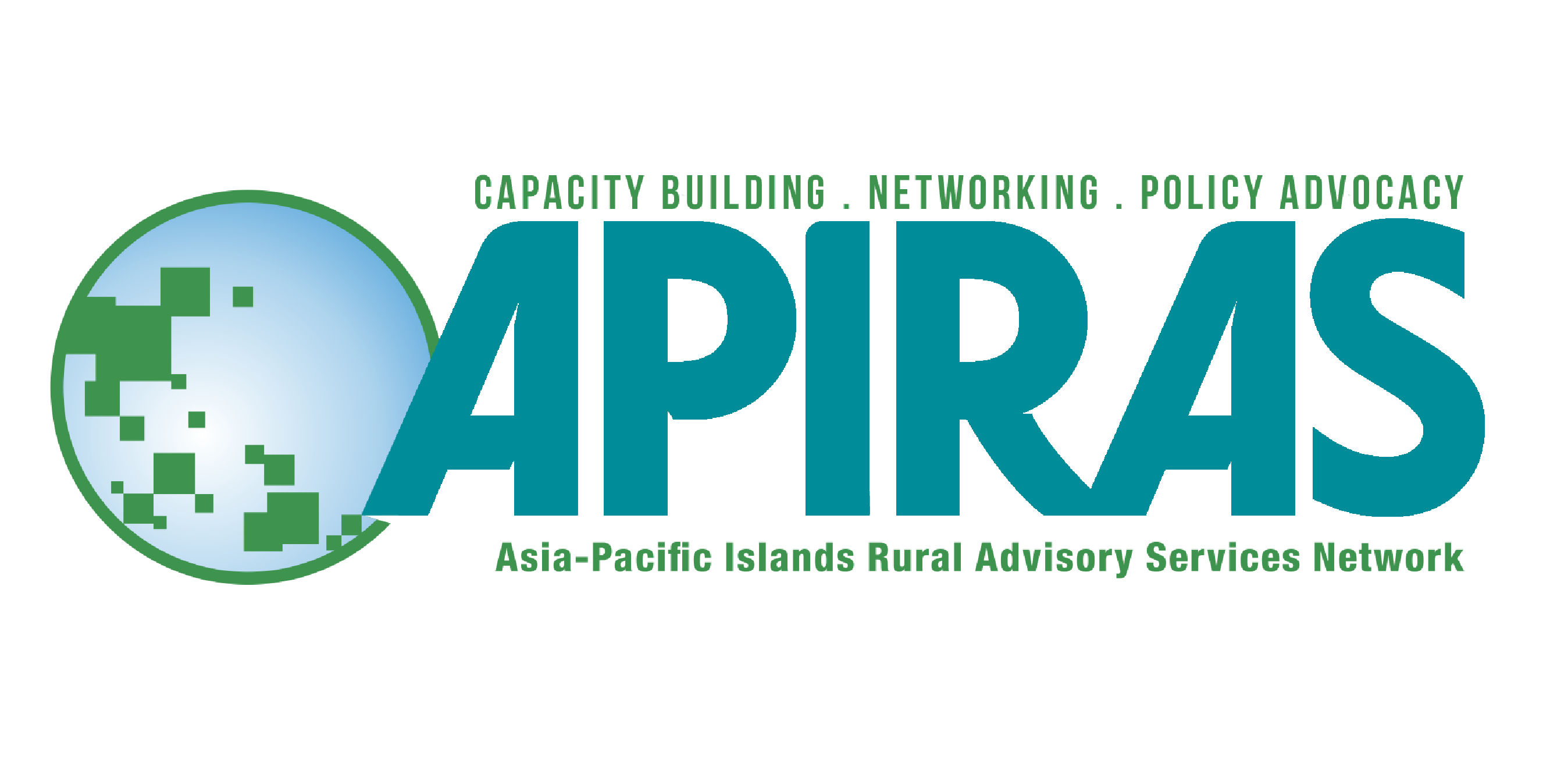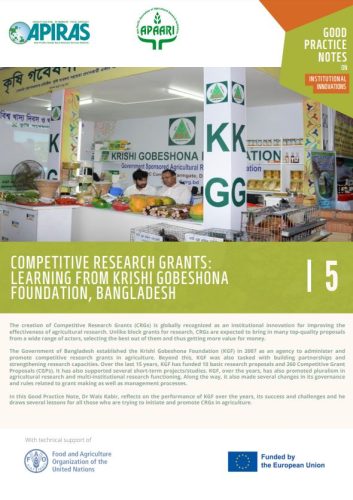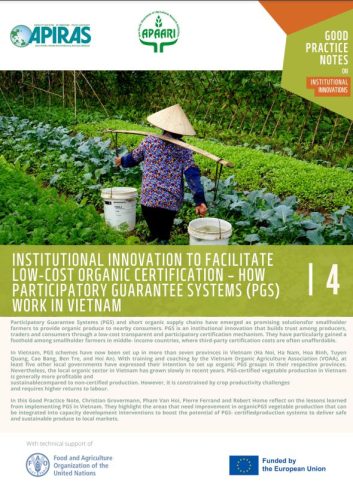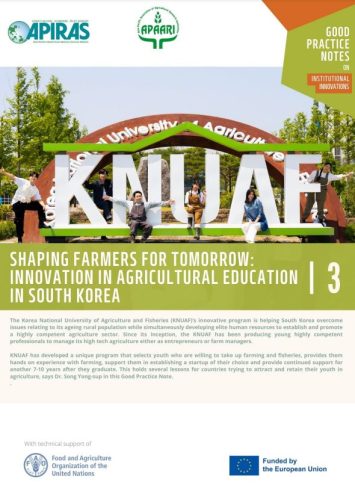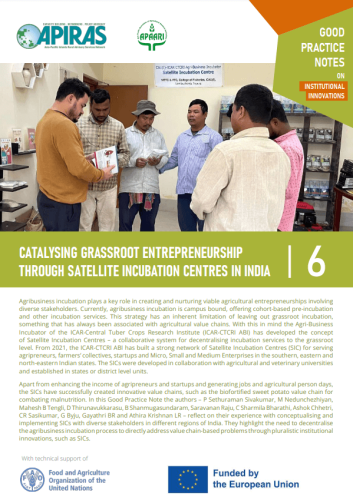
Good Practice Notes On Institutional Innovations-6-Catalysing Grassroot Entrepreneurship Through Satellite Incubation Centres in India
Agribusiness incubation plays a key role in creating and nurturing viable agricultural entrepreneurships involving diverse stakeholders. Currently, agribusiness incubation is campus bound, offering cohort-based pre-incubation and other incubation services. This strategy has an inherent limitation of leaving out grassroot incubation, something that has always been associated with agricultural value chains. With this in mind the Agri-Business Incubator of the ICAR-Central Tuber Crops Research Institute (ICAR-CTCRI ABI) has developed the concept of Satellite Incubation Centres – a collaborative system for decentralising incubation services to the grassroot level. From 2021, the ICAR-CTCRI ABI has built a strong network of Satellite Incubation Centres (SIC) for serving agripreneurs, farmers’ collectives, startups and Micro, Small and Medium Enterprises in the southern, eastern and north-eastern Indian states. The SICs were developed in collaboration with agricultural and veterinary universities and established in states or district level units.
